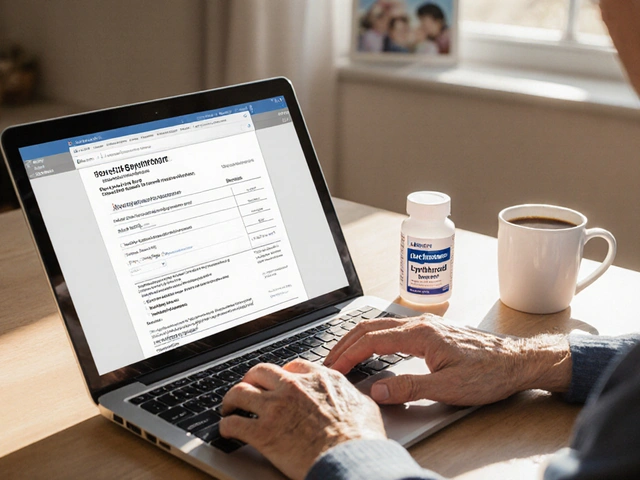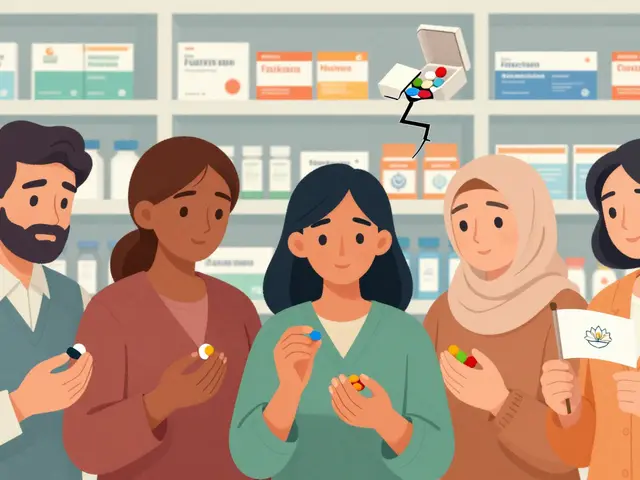Strontium – What It Is and Why It Matters
If you’ve ever read about calcium for strong bones, you might have seen strontium mentioned alongside it. Strontium is a natural mineral that looks a lot like calcium, so the body can swap it into bone tissue. This simple switch can help keep bones denser and slower to break down.
Most people encounter strontium as a dietary supplement or in a prescription called strontium ranelate. The supplement form usually comes as carbonate or citrate tablets you can buy over the counter, while the prescription is a specific dose used for osteoporosis in some countries. Both aim to boost bone strength, but they work slightly differently.
How Strontium Supports Your Bones
When strontium gets into your bloodstream, it competes with calcium during the bone‑building process. Studies show that a small amount of strontium can increase the amount of new bone formed and reduce the rate at which old bone is broken down. The net effect? Higher bone mineral density (BMD) scores, which translate to fewer fractures for many users.
Most research focuses on post‑menopausal women, because they’re most at risk for osteoporosis. However, men and younger adults with low BMD can also see benefits. The typical over‑the‑counter dose is 500–800 mg of elemental strontium per day, split into two meals to improve absorption.
It’s not a magic pill—strontium works best when paired with a healthy lifestyle: adequate calcium and vitamin D intake, weight‑bearing exercise, and avoiding smoking. Think of it as a boost rather than a replacement for the basics.
Safety Tips & Common Side Effects
Strontium is generally safe at recommended doses, but taking too much can cause problems. The most common side effects are mild stomach upset, nausea, or constipation. In rare cases, people report skin rashes or a metallic taste.
A big caution: high strontium levels can interfere with bone density tests, making results look falsely good. If you get a DXA scan, tell your doctor you’re using strontium so they can adjust the reading.
People on certain medications—especially those that affect calcium metabolism like bisphosphonates or thiazide diuretics—should talk to a pharmacist before adding strontium. Also, kidney disease patients need medical clearance because excess minerals can stress the kidneys.
When you shop for a supplement, look for products that list the exact amount of elemental strontium, not just the compound weight. Reputable brands will provide third‑party testing results and clear dosage instructions.
Bottom line: Strontium can be a helpful addition to a bone‑health plan if you use it correctly. Start with the lowest effective dose, monitor how your body reacts, and keep your doctor in the loop. With the right approach, you’ll get the most out of this mineral without unwanted surprises.











